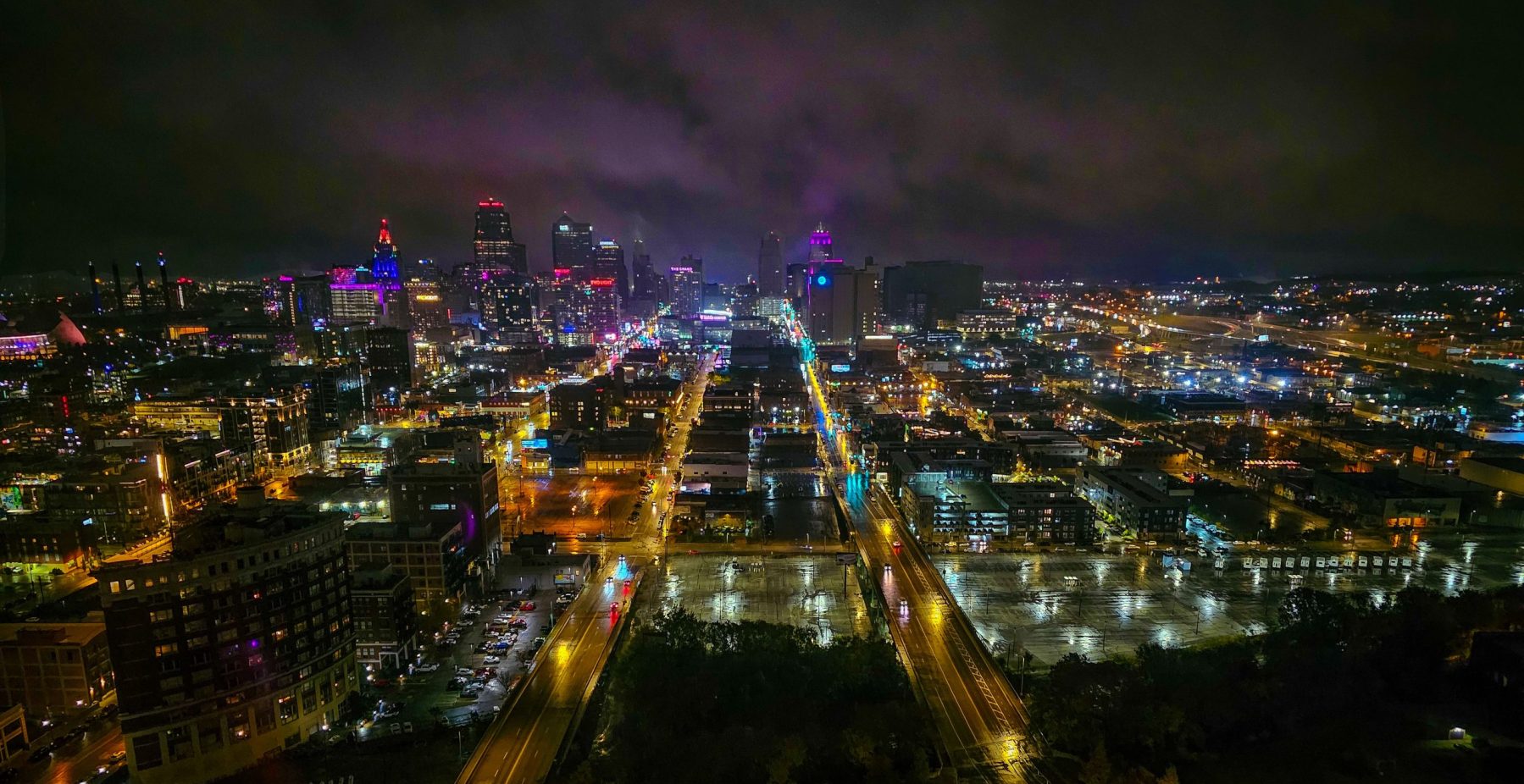To me, that is the definition of Woke. I’ve been bemused by the backlash of people who, without too much interpretation, are obviously complaining about something else loudly hurling “Woke!” as if it is a pejorative. It’s not that they have a legitimate argument, it is that they are discomfited by the implications and wish to go back to pretending there is nothing to be woke to. It’s not even subtle.
Consider one of the consequences of the backlash—the attempt to ban books. Now, this is nothing new. Banning books that unsettle the comfortable is a long American tradition, quite often less political than the kindred forms of censorship practiced elsewhere.…
